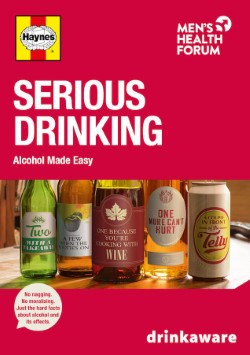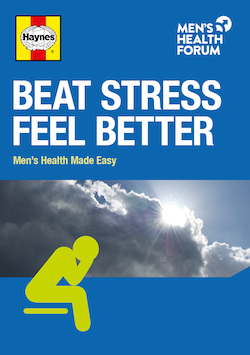Paul: 'I know what it's like at the bottom'

I have a long history of problems with mental health starting many years ago with the death of my mother.
I have lived on the edge and experienced problems with substance abuse, drugs and alcohol, been homeless and lived on the streets. The first time was when I absconded from home aged 15 to look for my father, who himself was an alcoholic, when he disappeared for a bit without telling anyone. I spent 6 months in Newcastle-Upon-Tyne searching for him before I found him.
I found my way through with heartache aplenty along the way and I have now been free of substance misuse for 7 years. I still on VERY rare occasions have a shandy or two but nothing any further than that.
I try to use my experiences to help others. I know what it is like to be down at the bottom and have nothing and nobody. My philosophy is that if I can help one person avoid how I felt on those lowest times it will be worthwhile.
I have been going to Kent Sheds for two years. I enjoy the company and making new friends. Although there have been ups and downs on the way, I have stayed with the group. It benefits me immensely. Without the group, I would be spending most of my time indoors. Instead I get to go out, meet great people and share ideas and information while socialising. I find myself being useful and my skills are put to the test.
I hope to improve my employability and future prospects as well as make some more friends.
| This article reflects the experience of the individual. It is not health information from the Men's Health Forum under the terms of the NHS England Information Standard. |
|
The Men’s Health Forum need your support It’s tough for men to ask for help but if you don’t ask when you need it, things generally only get worse. So we’re asking. In the UK, one man in five dies before the age of 65. If we had health policies and services that better reflected the needs of the whole population, it might not be like that. But it is. Policies and services and indeed men have been like this for a long time and they don’t change overnight just because we want them to. It’s true that the UK’s men don’t have it bad compared to some other groups. We’re not asking you to ‘feel sorry’ for men or put them first. We’re talking here about something more complicated, something that falls outside the traditional charity fund-raising model of ‘doing something for those less fortunate than ourselves’. That model raises money but it seldom changes much. We’re talking about changing the way we look at the world. There is nothing inevitable about premature male death. Services accessible to all, a population better informed. These would benefit everyone - rich and poor, young and old, male and female - and that’s what we’re campaigning for. We’re not asking you to look at images of pity, we’re just asking you to look around at the society you live in, at the men you know and at the families with sons, fathers and grandads missing. Here’s our fund-raising page - please chip in if you can. |




